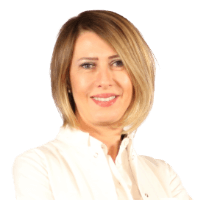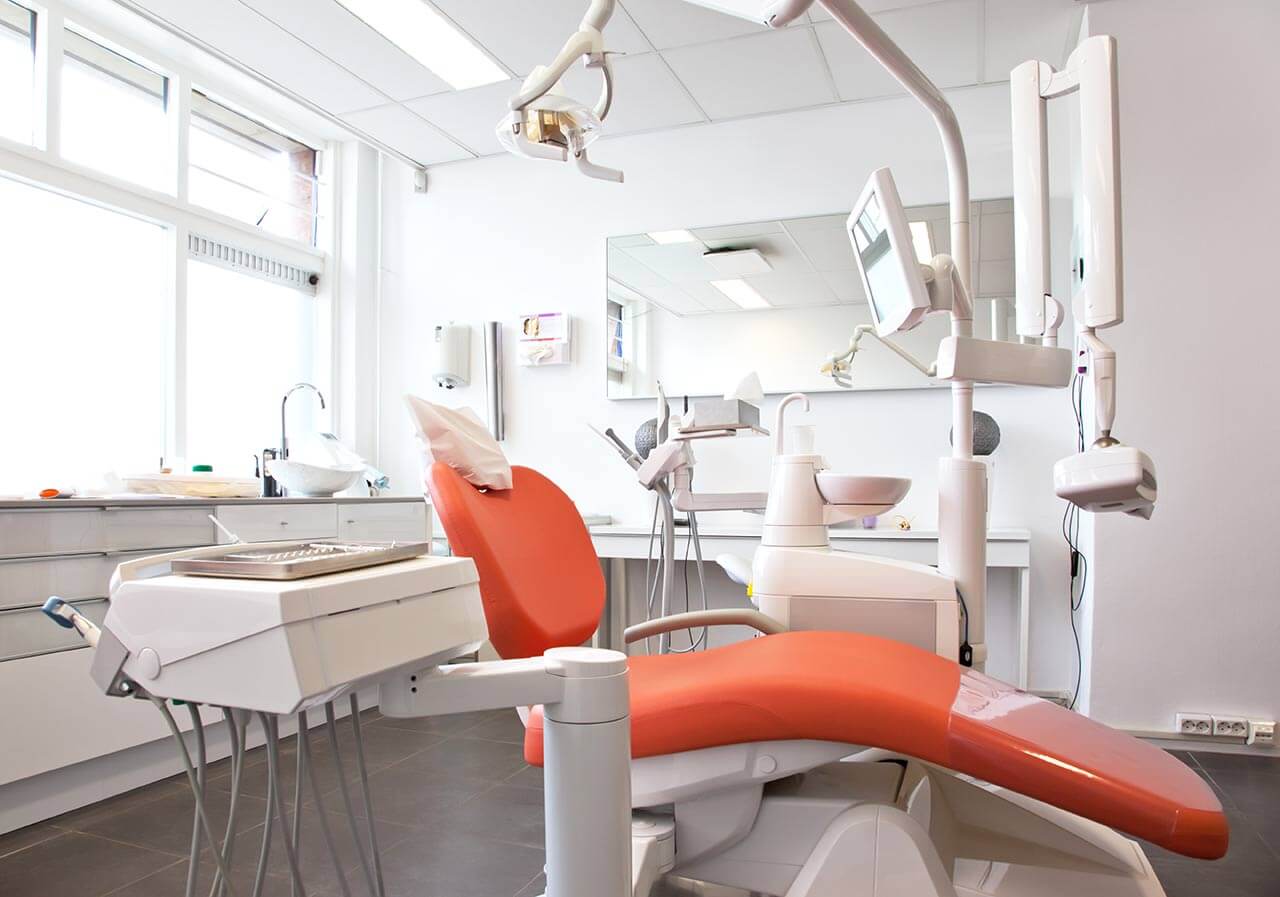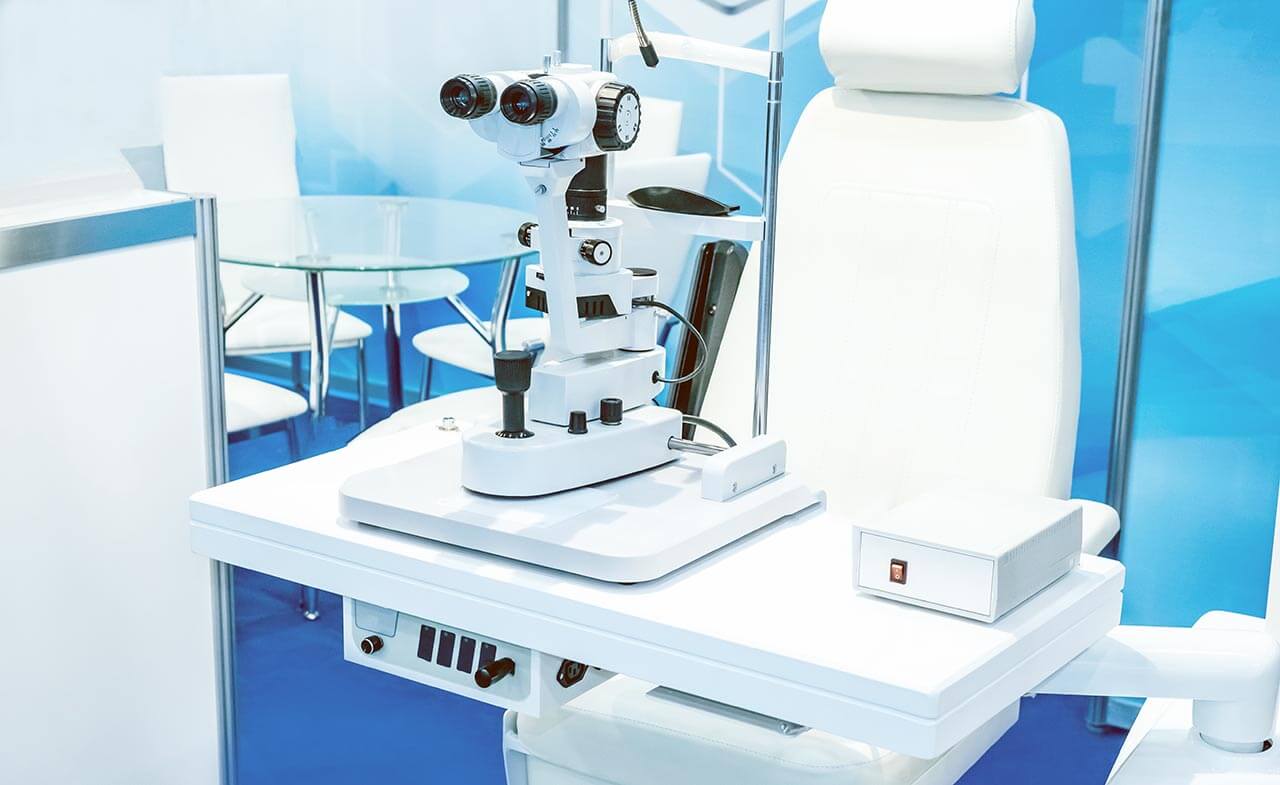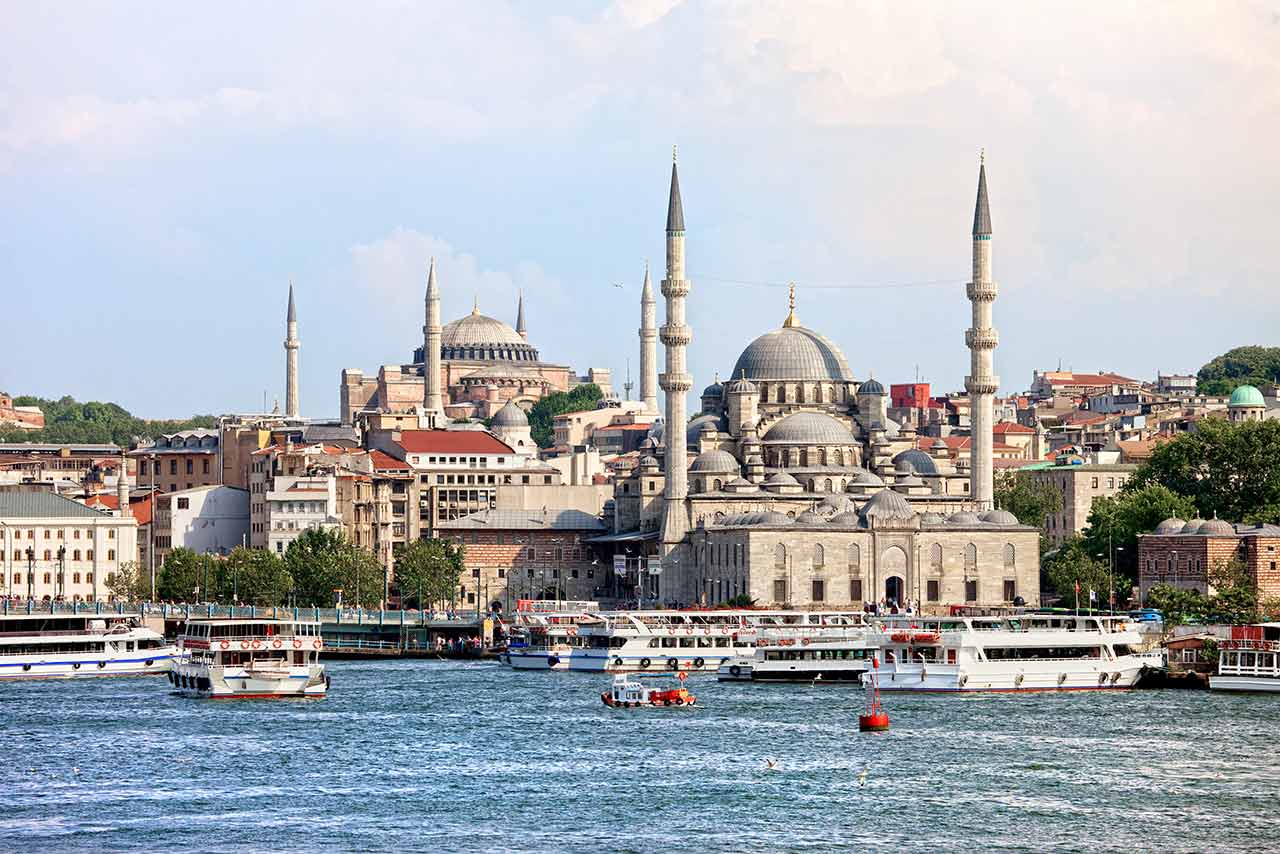
About the Department of Reproductive Medicine at Liv Hospital Istanbul
The Department of Reproductive Medicine at the Liv Hospital Istanbul offers all modern assisted reproductive technologies for fertility treatment in men and women. The department complies with the highest international standards, while its patients receive an individual approach and treatment in accordance with the most relevant clinical protocols. Particular attention should be given to the in vitro fertilization (IVF) procedure, which today is one of the most effective for conceiving a long-awaited pregnancy. If necessary, couples receive professional psychological support. The department is headed by Asst. Prof. Dr. med. Deniz Gokalp.
The specialists esteblish the diagnosis of infertility for a couple if they fail to conceive a child within one year of regular unprotected sex. The key to successful fertility treatment is the exact determination of its causes – infertility factors. In rare cases, the doctors have to ascertain infertility of unknown origin, when all indicators of reproductive health in women and men are normal.
The optimal method for a successful conception of pregnancy is the IVF procedure. The most important factors affecting the success of IVF are the age of the expectant mother and her egg supply. In women over the age of 38, the egg supply is significantly reduced, which can become an obstacle on the way to a long-awaited pregnancy. In some clinical cases, before IVF, a woman may need preliminary treatment, for example, restoration of the fallopian tube patency, endometriosis treatment, normalization of the menstrual cycle and hormonal levels, etc.
In vitro fertilization involves the fertilization of an egg in artificial conditions (in a laboratory), outside the mother's body. In vitro fertilization is necessarily preceded by the hormonal preparation of the patient. In natural conditions, during one menstrual cycle of a woman, only one egg matures, but it is not enough for an effective IVF program. With the help of hormonal drugs, the doctor stimulates the development of several eggs. The maturation of 6-8 eggs is considered optimal for IVF. Then the eggs are extracted under general anesthesia. With the help of a syringe with a thin long needle, the gynecologist takes the follicular fluid and gives it to the embryologist for detection of eggs under a microscope. The eggs found are washed from the follicular fluid and placed in special containers with a culture medium. The culture medium is a solution of the necessary physiological components, including salts, carbohydrates, amino acids, vitamins, proteins, etc. The cultivation period takes place in a special incubator, inside which the temperature is maintained at 37°C and the carbon dioxide level is 6%. To fertilize eggs, it is necessary to select only motile sperm cells and transfer them to the culture medium, clearing them from seminal fluid. For this purpose, embryologists use multiple centrifugation with a gradual replacement of media. The resulting sperm suspension can be used for artificial insemination. The final stage of the IVF procedure is the transfer of embryos into the uterine cavity. In the absence of high-quality sperm in a man, the doctors use an innovative technique of intracytoplasmic sperm injection (ICSI), during which embryos are formed by injecting high-quality sperm into individual mature eggs. Thus, even men with very low sperm count or with poor sperm quality have the opportunity to experience the joy of fatherhood.
The department also carries out preimplantation genetic diagnosis, which makes it possible to detect genetic pathologies in the embryo before its transfer to the uterine cavity. Such a diagnosis helps to exclude congenital genetic pathologies in a baby.
The department's range of medical services includes:
- Comprehensive diagnostic examination of men and women to establish infertility diagnosis and detect its exact causes
- Intrauterine insemination
- In vitro fertilization (IVF)
- Classic IVF procedure
- IVF procedure with intracytoplasmic sperm injection (ICSI)
- TESE procedure (testicular sperm aspiration)
- IMSI procedure (intracytoplasmic morphologically-selected sperm injection)
- Auxiliary hatching
- Hysteroscopy
- Laparoscopy
- Embryo cryopreservation, embryo storage and thawing
- Preimplantation genetic diagnosis
- Other assisted reproductive technologies
Curriculum vitae
Higher Education
- Ministry of Health Certification in Assisted Reproductive Technologies – IVF Specialist.
- Internship at the Dr. Zekai Tahir Burak Research and Training Hospital, Faculty of Medicine, Hacettepe University.
Professional Career
- Head of the Department of Reproductive Medicine at the Liv Hospital Istanbul.
- Work in Private Practice.
- Work in the Department of Obstetrics and Gynecology at the Acıbadem Kadıkoy Hospital.
Clinical Interests
- In vitro fertilization (IVF).
- Reproductive endocrinology.
Memberships in Professional Societies
- Turkish Medical Association (TTB).
- Turkish Association of Gynecology and Obstetrics (TJOD).
- Turkish Society for Reproductive Medicine (TSRM).
- European Society of Human Reproduction and Embryology (ESHRE).
- American Society for Reproductive Medicine (ASRM).
- Reproductive Medicine and Surgery Association (ÜTD).
- Turkish Urogynecology and Pelvic Reconstructive Surgery Association.
Photo of the doctor: (c) LIV Hospital




